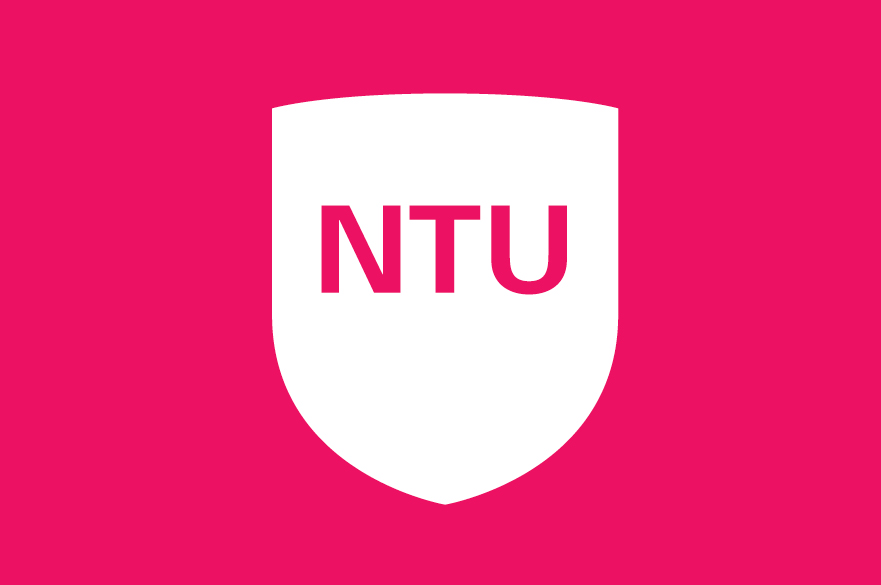Overview
The complex and interwoven challenges of modern food systems demand a holistic framework to navigate the intersections of sustainability, ethics, production and consumption. Food citizenship emerges as a pivotal concept, underscoring the active participation of individuals and communities in shaping equitable and sustainable food practices. Moving beyond traditional consumer roles, food citizenship envisions individuals as agents of change, co-creating solutions to systemic issues through informed choices, activism, and collaboration.
A timely intervention is much needed to advance the ‘Role of Food Citizenship’ as a practical and inclusive tool for fostering sustainable food systems, prioritising actionable strategies through interdisciplinary approaches. This is because, despite its theoretical relevance, current scholarship often lacks clarity in its definitions and measurable outcomes, leaving significant gaps in understanding its potential as a tool for addressing global challenges such as "zero hunger" and fostering sustainable agriculture (SDG 2) and "sustainable consumption and production" (SDG 12). Moreover, the role of emerging digital platforms in amplifying food citizenship through information dissemination, accessibility, and engagement remains underexplored.
This highlights the pressing need for interdisciplinary research to bridge diverse fields—from sociology and economics to digital technology and environmental science. Such an approach would allow for a nuanced exploration to overcome a) systematic barriers of unequal access to sustainable food options and socio-economic constraints. b) individual limitations in changing consumption (i.e., the attitude-behaviours gap). C) digital opportunities in harnessing technology to foster engagement, transparency, and collaboration across stakeholders.
The project aim is to critically explore the concept of food citizenship, examining its role in fostering sustainable food systems by bridging interdisciplinary perspectives and addressing the interplay between individual agency, community engagement, and systemic challenges at local, industry, and production levels.
Key Questions:
- Why and how do food citizens make sustainable food choices through locally co-created interventions?
- How do individual and social factors influence consumers' sustainable food choices?
- What are the barriers and opportunities for food citizens' principles in the food value chain?
- How can consumer trust in sustainable food systems be increased through digital platforms?
Nottingham Business School is triple crown accredited with EQUIS, AACSB and AMBA – the highest international benchmarks for business education. It has also been ranked by the Financial Times for its Executive Education programmes in 2023 and 2024. NBS is one of only 47 global business schools recognised as a PRME Champion, and held up as an exemplar by the United Nations of Principles of Responsible Management Education (PRME).
Its purpose is to provide research and education that combines academic excellence with positive impact on people, business and society. As a world leader in experiential learning and personalisation, joining NBS as a researcher is an opportunity to achieve your potential.
Applications for October 2025 intake closes on 1st July 2025 and applications for Jan 2026 intake closes on 1st October 2025.
Staff profiles
Entry qualifications
Applicants must have successfully completed undergraduate and postgraduate qualifications in business studies, marketing, or closely related disciplines. A foundational understanding of research methodologies and practices is essential, equipping candidates to navigate the complexities of academic inquiry and data-driven investigation.
A nuanced understanding of consumer knowledge and behaviour in the food industry, with an ability to explore these dimensions across, including theoretical frameworks, comprehensive literature reviews, and the ability to synthesise and critique scholarly discourse; some practical experience with empirical research methods, encompassing quantitative and qualitative approaches, to investigate real-world phenomena effectively will be advantageous.
Candidates with the ability to integrate theoretical and practical perspectives, drawing on interdisciplinary insights to address complex challenges in the food industry, will be well-suited to this research trajectory.
UK: Successful applicants for the PhD in Nottingham Business School normally hold a first or upper second-class honours degree from a UK university or an equivalent qualification. Candidates with a lower second-class degree may apply if they hold a Master’s degree at Merit level or higher.
International: Successful applicants for the PhD in Nottingham Business School normally hold a first or upper second-class honours degree from a UK university or an equivalent qualification. Candidates with a lower second-class degree may apply if they hold a Master’s degree at Merit level or higher.
International students will also need to meet the English language requirements - IELTS 6.5 (with minimum sub-scores of 6.0). Applicants who have taken a higher degree at a UK university are normally exempt from the English language requirements. Applicants who do not meet the English language proficiency requirement will normally be asked to complete an English Language course
How to apply
Applications for October 2025 intake closes on 1st July 2025 and applications for Jan 2026 intake closes on 1st October 2025. Please visit our how to apply page for a step-by-step guide and make an application.
Fees and funding
This is a self-funded PhD project for UK and International applicants.
Guidance and support
For more information about the NBS PhD Programme, including entry requirements and application process, please visit: https://www.ntu.ac.uk/course/nottingham-business-school/res/this-year/research-degrees-in-business
Nottingham Business School is triple crown accredited with EQUIS, AACSB and AMBA – the highest international benchmarks for business education. It has also been ranked by the Financial Times for its Executive Education programmes in 2023 and 2024. NBS is one of only 47 global business schools recognised as a PRME Champion, and held up as an exemplar by the United Nations of Principles of Responsible Management Education (PRME).
Its purpose is to provide research and education that combines academic excellence with positive impact on people, business and society. As a world leader in experiential learning and personalisation, joining NBS as a researcher is an opportunity to achieve your potential.
